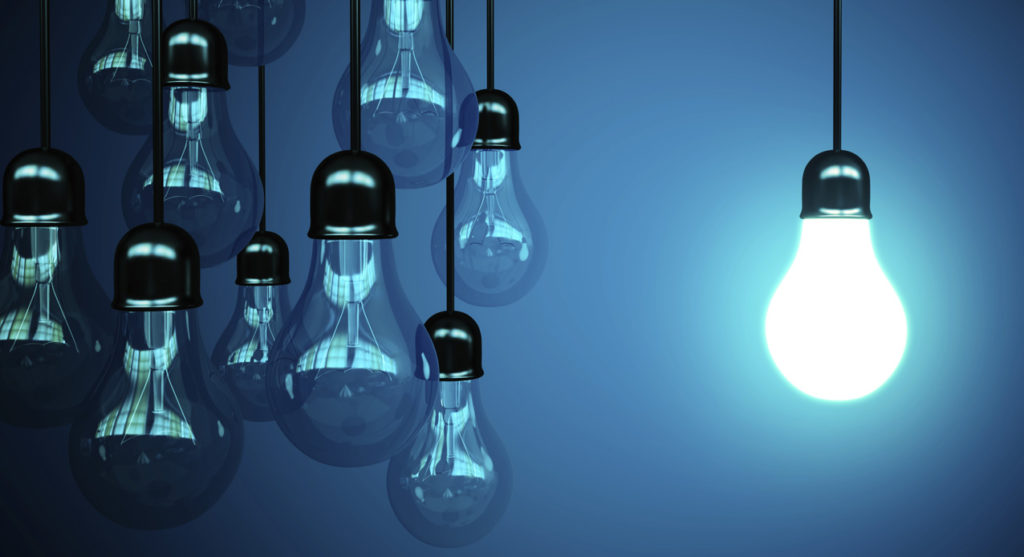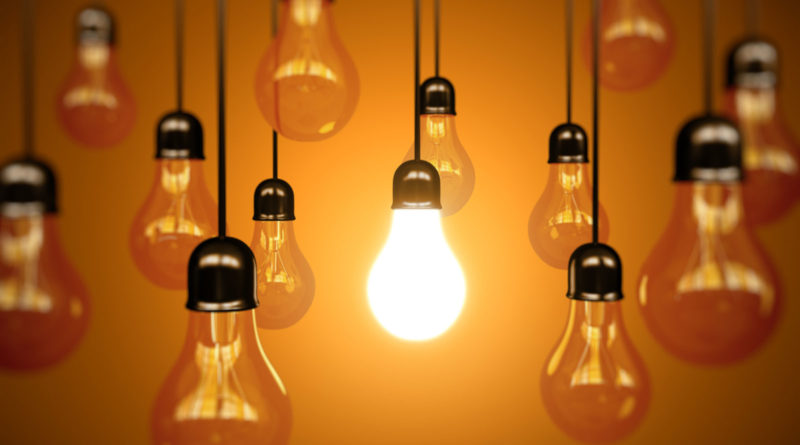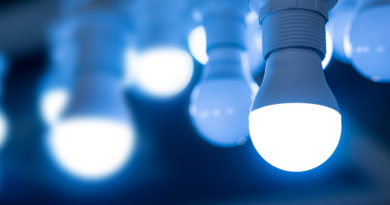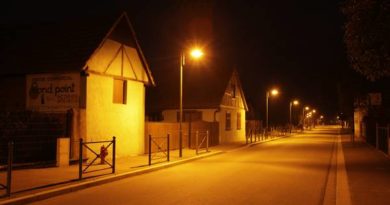LIGHTING LAMPS | An Architect Explains
A lamp is a replaceable component such as an incandescent light bulb, which is designed to produce light from electricity. These components usually have a base of ceramic, metal, glass or plastic, which makes an electrical connection in the socket of a light fixture. This connection may be made with a screw-thread base, two metal pins, 2 metal caps or a bayonet cap.
 There are more than 200 Lamp types today. Common characteristics used to evaluate lamp quality include efficacy measured in lumens per watt, typical lamp life measured in hours, cost of replacement lamps and Color Rendering Index on a scale of 0 to 100.
There are more than 200 Lamp types today. Common characteristics used to evaluate lamp quality include efficacy measured in lumens per watt, typical lamp life measured in hours, cost of replacement lamps and Color Rendering Index on a scale of 0 to 100.
As an Architect, I have explained the different options that current technology offers, which are increasingly being used in buildings under the following broad categories:
- Incandescent Lamps
- Halogens
- CFL | Compact Fluorescent Lamp
- FTL | Fluorescent Tubelight
- Metal Halides
- Sodium Vapour Lamp
- LED | Light Emitting Diode
Related Topics:
If you found this post useful, all it takes is a simple click on the “pin it” “like,” “share,” “tweet,” or Google+ buttons below the post. Thank you!



